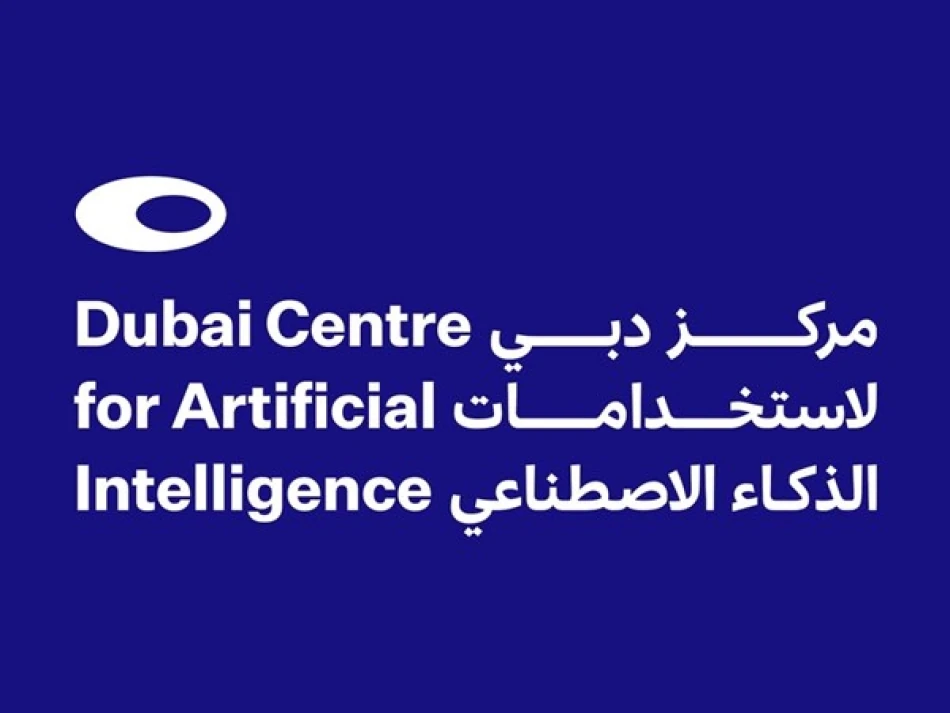
Dubai AI Hub Invites Startups to Join its Global Accelerator Program
Dubai Launches Second Wave of AI Government Services Accelerator, Targeting Global Tech Entrepreneurs
Dubai is positioning itself as the world's leading AI-powered government hub by opening applications for its second global accelerator program. The initiative, run by the Dubai Centre for Artificial Intelligence and Dubai Future Accelerators, aims to transform government services through cutting-edge AI solutions while offering startups unprecedented access to government partnerships and full intellectual property rights.
Strategic Push for AI-First Government Services
The accelerator program represents Dubai's ambitious strategy to become the world's premier destination for AI-enabled public services. Unlike traditional government innovation programs, this initiative directly embeds international startups within Dubai's government agencies for eight weeks, from October 6 to November 28, 2025.
Applications remain open until August 29, targeting entrepreneurs and tech companies capable of addressing four critical areas: enhancing existing government services through AI personalization, creating entirely new services to solve current challenges, streamlining bureaucratic processes through automation, and removing accessibility barriers to ensure universal service delivery.
Impressive First-Round Results Signal Growing Global Interest
The program's inaugural cycle demonstrated significant international appetite for government-tech collaboration. With 615 applications from 55 countries, Dubai selected 97 entrepreneurs and startups who worked alongside 33 government entities to develop over 180 innovative concepts.
These numbers suggest Dubai's approach is resonating with the global tech community, particularly as governments worldwide struggle to modernize legacy systems and integrate AI capabilities effectively.
Competitive Advantages for International Startups
Dubai's program offers several compelling incentives that distinguish it from similar initiatives in Singapore, Estonia, or various US smart city projects. Most notably, participating companies retain 100% intellectual property rights to their innovations—a significant departure from typical government partnerships where IP sharing is common.
Additional benefits include full accommodation and travel coverage for the eight-week Dubai residency, direct collaboration opportunities with government decision-makers, and pathways for local, regional, and global expansion. This comprehensive support structure addresses common barriers that prevent startups from engaging with government clients.
Regional Competition and Global Implications
Dubai's accelerator comes as Middle Eastern nations increasingly compete for AI leadership. The UAE has already established itself as a regional tech hub, while Saudi Arabia's NEOM project and Qatar's National AI Strategy 2030 represent significant investments in government digitization.
However, Dubai's focus on practical, implemented solutions rather than theoretical frameworks may provide a competitive edge. By requiring real-world deployment within government agencies, the program ensures tangible outcomes rather than proof-of-concept demonstrations.
Market Opportunity and Investment Perspective
For participating startups, the program offers validated market entry into the lucrative government technology sector. Government contracts typically provide stable, long-term revenue streams, and successful implementations in Dubai could serve as powerful case studies for expansion into other markets.
The initiative aligns with Crown Prince Sheikh Hamdan bin Mohammed's broader AI acceleration plan, suggesting sustained government commitment and budget allocation. This policy continuity reduces execution risk for international companies considering Dubai market entry.
As global governments increasingly prioritize digital transformation post-pandemic, Dubai's systematic approach to AI integration positions the emirate as both a testing ground and showcase for next-generation public services. The program's success could establish new standards for government-startup collaboration worldwide.
Most Viewed News

 Layla Al Mansoori
Layla Al Mansoori






